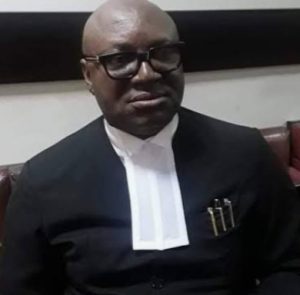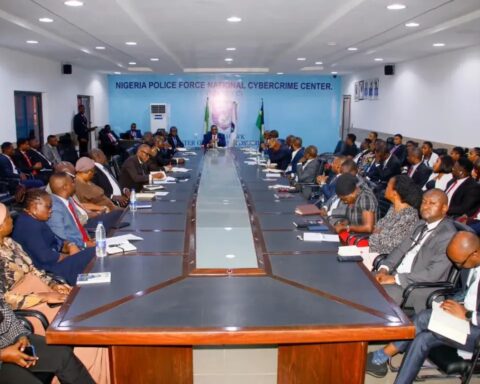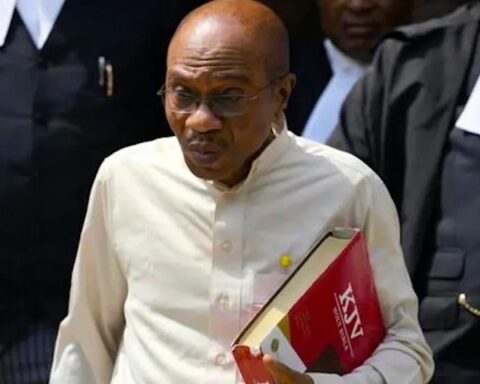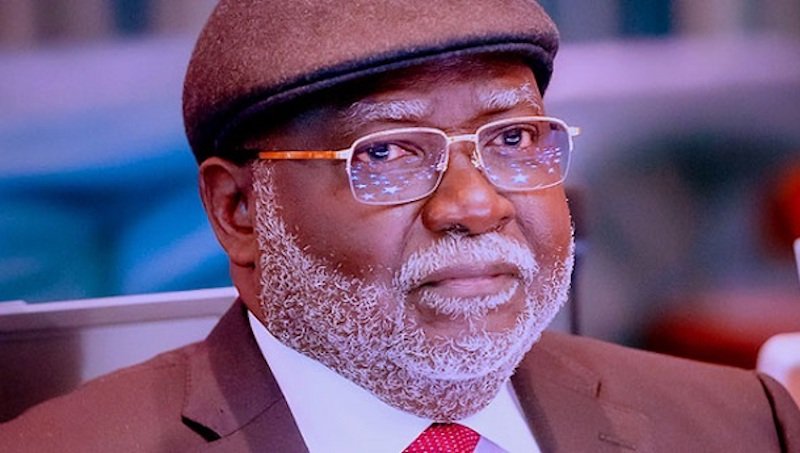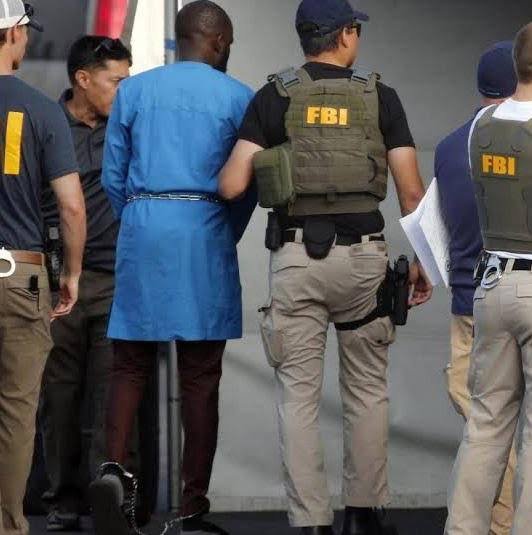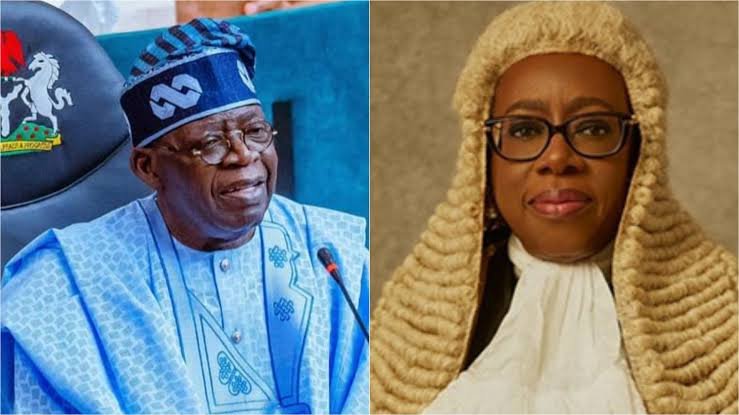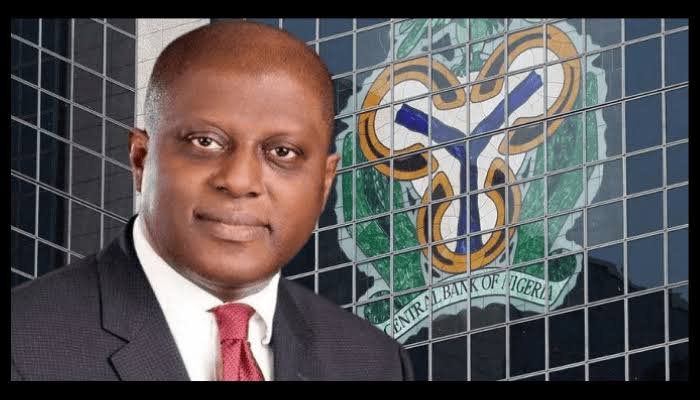By Oluwasore Alabi
The trial of suspended Kogi Central senator, Natasha Akpoti-Uduaghan, on charges of cybercrime was stalled on Monday at the Federal High Court in Abuja after her defence team raised a preliminary objection challenging the court’s jurisdiction. Justice Mohammed Umar adjourned the matter to October 20, 2025, to hear the objection before the case can proceed.
This development highlights how politically sensitive trials in Nigeria often get bogged down in technical arguments rather than going straight to the substance of the charges. Akpoti-Uduaghan is accused of transmitting false and injurious information against Senate President Godswill Akpabio and former Kogi governor Yahaya Bello, including claims that the two allegedly plotted to have her killed. She denies wrongdoing.
The adjournment exposes two critical issues. First, it underscores the growing use of Nigeria’s amended Cybercrimes Act as a tool in political battles. While the law was designed to protect citizens from online fraud and harmful content, its provisions on “injurious communication” have been repeatedly invoked in high-profile disputes involving politicians. This raises concerns about whether the law is being applied to protect reputations or to silence critics.
Second, the case brings into focus the imbalance of power between political heavyweights and whistleblowers. Akpoti-Uduaghan has long styled herself as a defender of transparency, often clashing with established figures. Her current ordeal could discourage others from speaking out if they fear criminal prosecution for their statements.
Still, it is important to acknowledge that reputation matters, especially for public officials. If her claims are indeed false, they could cause real damage to those she accused. The courts, therefore, must carefully balance freedom of speech with protection against defamation, ensuring justice is not weaponised for politics.
As Nigerians watch this trial unfold, one thing is clear: its outcome will go beyond Natasha Akpoti-Uduaghan. It will test how Nigeria’s judiciary interprets the boundaries of free expression under the Cybercrimes Act, and whether the courts can remain a neutral ground in a highly charged political environment.
Follow us on all social media platforms @dailyquery for news and analyses around the globe.

